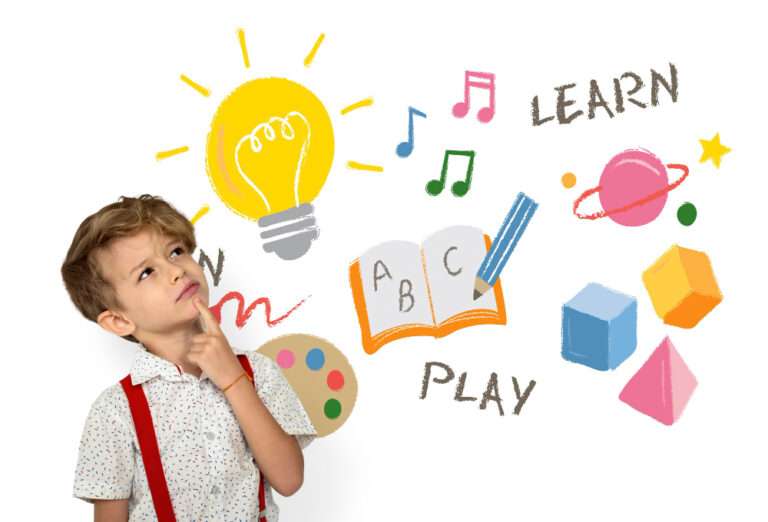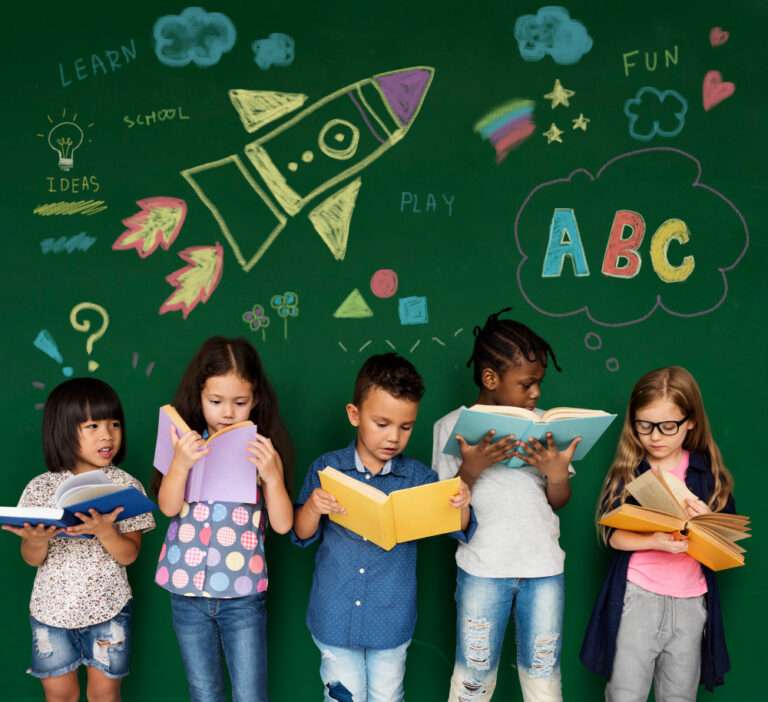Cognitive Delay
Cognitive Delay in children refers to a developmental lag where a child’s intellectual functioning and problem-solving skills are below what is expected for their age. This delay can affect various aspects of a child’s life, including learning and daily functioning. Here are some key aspects of cognitive delay in children: Early identification and a multidisciplinary…









